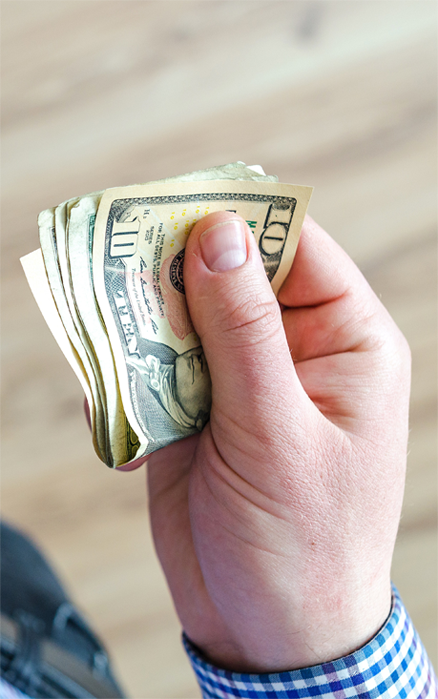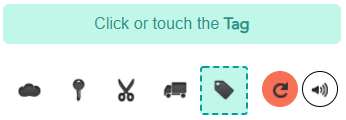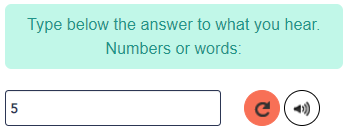Compare Business Owner's Insurance Rates
Learn more about the factors that dictate your business owner's insurance rates, compare top insurers, and save.
 Your information is secure.
Your information is secure. Business Owner's

WHAT IS BUSINESS OWNER POLICY?
A Business Owner's Policy (BOP) is a convenient way to help protect your business for property damage and liability insurance in a single policy. By bundling these two coverages into one policy, you can worry less about insurance policies and focus more on your customers. It’s popular among a variety of small and medium-sized businesses such as restaurants, wholesalers, retail stores and contractors.
As a business owner, you face risks every day just by delivering your professional services. Professional liability insurance can help protect you from these risks.
A business owner’s policy, or BOP, combines general liability insurance with commercial property insurance, typically at a lower rate than if the policies were purchased separately.
BOP Coverage
A business owners policy contains two primary coverages:
Liability
The liability coverages available on a BOP are the same as those on a general liability policy. This includes protection against liabilities like customer injury and property damage, advertising injury, and product related claims.
A BOP doesn’t cover your employees. You’ll need a separate workers’ compensation policy that we can assist on obtaining as well.
Property
Provides coverage for commercial buildings and the movable property owned by and used for the business - referred to as business personal property. It can also pay for other things like debris removal, loss of income and pollution cleanup as part of a covered loss.
A BOP policy, like most other policies, has certain coverage exclusions that you should be aware of. If you need protection for something that isn’t covered, policy endorsements might be available to extend coverage.
For example, damage from earthquakes is typically excluded from a BOP. If you live in an area that’s prone to earthquakes, you might want to consider adding an endorsement to your policy to extend coverage.
Business owner's policy protections examples
Liability protection
Home business
You want to guard against business-related bodily injury and property damage lawsuits, such as a customer tripping at your home.
Freelancers
Clients may ask you to provide a certificate of insurance in case you damage equipment at their office.
Small business
Your commercial lease requires general liability insurance. Advertising injury protection

Home business
You create a social media page for your business, which opens you to accusations of libel and copyright infringement.
Freelancers
You want reassurance that someone involved with a project cannot damage your business with an accusation of libel or slander.
Small business
You launch an advertising campaign and want protection against accusations of defamation or copyright infringement.

Business property protection
Freelancers
You keep inventory at your home and are concerned about theft, fire, and similar risks.
Freelancers
You own a valuable computer system or specialized equipment and are concerned it could be stolen or damaged.
Small business
You invest in state-of-the-art equipment and want to make sure it's covered in case of damage or loss.
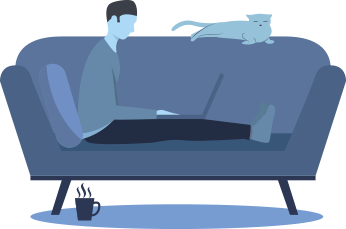
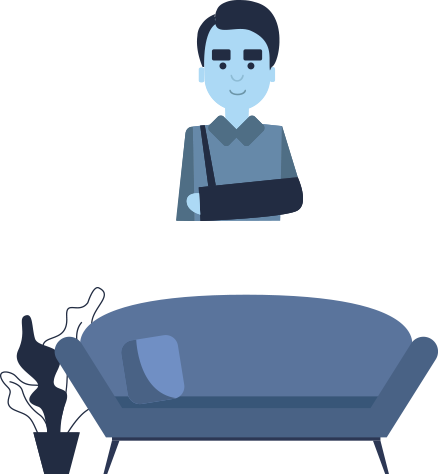
MORE Examples of BOP Coverages:
• Bodily injury or property damage (e.g., You spill water on a client's computer causing damage.)
• Defense costs for covered liability losses (e.g., libel and slander)
• Protection for business furniture and equipment (e.g., chairs, desks, and computers)
BOP cost
In 2017, small businesses nationwide who bought a new BOP policy average around 55-125+ per month
A business owner’s policy is an affordable option for small businesses that need liability and property insurance. Several factors affect policy costs, including:
Industry and risk
Value of business property
Coverage limits
Location
Number of employees
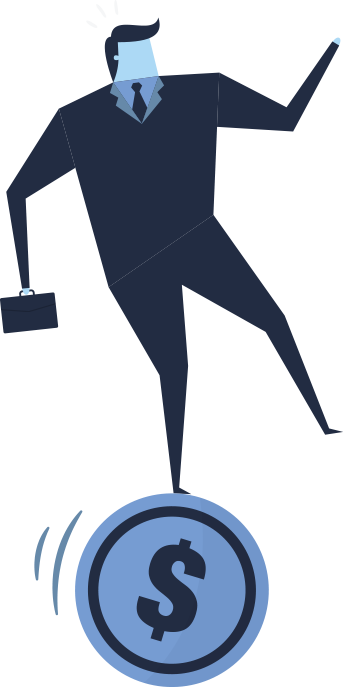
Industry risks impact business owner's policy costs
For the general liability insurance portion of a BOP, your industry has a significant impact on policy costs. Generally, high-risk industries pay higher premiums, while low-risk industries enjoy lower rates.
For example, a busy restaurant is exposed to more risk of customer injury than an IT consultant working remotely from a home office. Construction businesses and retail stores also have high coverage costs because these industries often have valuable equipment or inventory, as well as increased third-party liability.
Who needs a business owner's policy?
The following businesses frequently purchase business owner's policy (BOP) insurance:
Salons or Barber/Beautician
Offices
Professional consultants
Consumer services
Apartment buildings
Restaurants
Technology consultants and solution providers
Florist
Retail stores
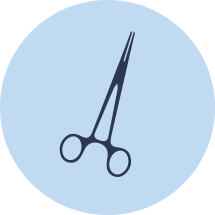



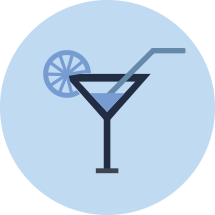


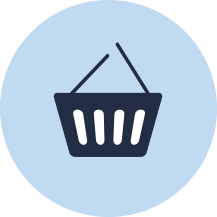
When do businesses need a BOP?
General liability insurance protects against common business risks, such as customer injury or damage to client property. It’s often required when signing a commercial lease or a client contract.

General liability insurance
General liability insurance protects against common business risks, such as customer injury or damage to client property. It’s often required when signing a commercial lease or a client contract.
Commercial property insurance
Commercial property insurance protects your building, equipment, and inventory from damage or loss.
A BOP is ideal for a small business that wants protection against common lawsuits and coverage for valuable business property, such as a building or specialized equipment.
Business owner's policy eligibility requirements
Not all businesses are eligible for a business owner’s policy; these basic benchmark varies by company. Businesses that are eligible for a BOP typically have:
Develop a thorough training program for employees
Invest in a security system
Compile rules for posting to social media
Create procedure checklists and reviews





Property value impacts business owner's policy costs
For the commercial property insurance portion of a BOP, the cost of insurance depends on the value of your business property, its location, and how you choose to protect it.
Business personal property (BPP) value
To protect your property, the first step is knowing what it’s worth. You'll need an estimate of your business personal property. The amount will help you determine appropriate limits to make sure your insurance can cover the cost of replacing or repairing stolen, lost, or damaged items.
Location and age
The value of your building and subsequent insurance costs vary dramatically depending on where your business is located. For example, a small retail shop in rural Pennsylvania would cost much less to insure than a similar retail shop in urban California. Old buildings may also incur higher insurance rates as they are more susceptible to damage.
Replacement value versus actual cash value
The cost of a BOP varies depending on how you choose to insure your business personal property. You can insure it for its replacement value (cost when new), or save money by insuring it for its actual cash value (depreciated value).
How coverage limits affect insurance costs
If you want car insurance that pays for a wide range of damage, you have to pay more for it. The same rule applies to business insurance. If you want a policy with higher coverage limits, expect to pay more than you would for basic coverage.
The most popular business owner’s policy among Insureon customers is the $1 million / $2 million policy. This includes:
$1 million occurrence limit. While the policy is active, the insurer will pay up to $1 million to cover any single claim.
$2 million aggregate limit. During the lifetime of a policy (usually one year), the insurer will pay up to $2 million to cover claims.
Which business owner’s policy limits do small businesses choose?
The majority of Insureon customers (88%) chose a BOP with $1 million / $2 million limits. Another 10% of our customers chose a policy with $2 million / $4 million limits.
Tips for finding business owner’s policy cost savings
Pay your entire premium upfront
Your business owner’s policy premium can typically be paid in monthly or annual installments. It might be tempting to go with a smaller monthly payment, but consider paying the full premium. Businesses can usually save money this way because many insurers offer discounts for annual premiums.
Proactively manage your risks
If your small business has no claims history, expect to pay lower insurance rates. An effective way to do this is to create a comprehensive risk management plan. For example, you might:
Develop a thorough training program for employees
Invest in a security system
Compile rules for posting to social media
Create procedure checklists and reviews
Minimize hazards on your premises
